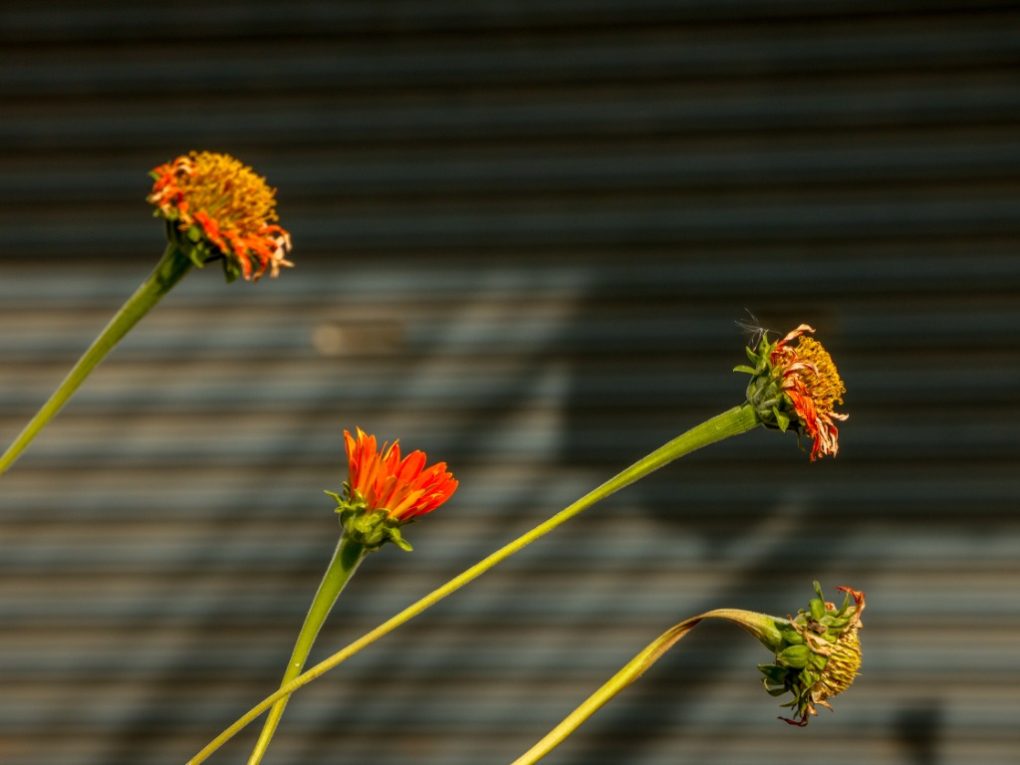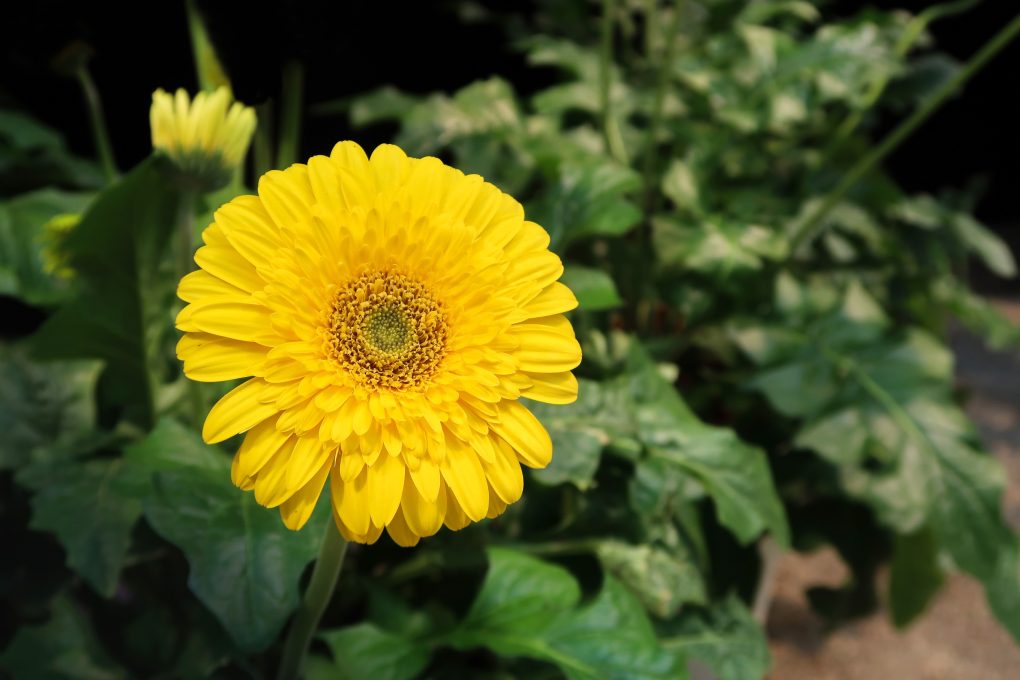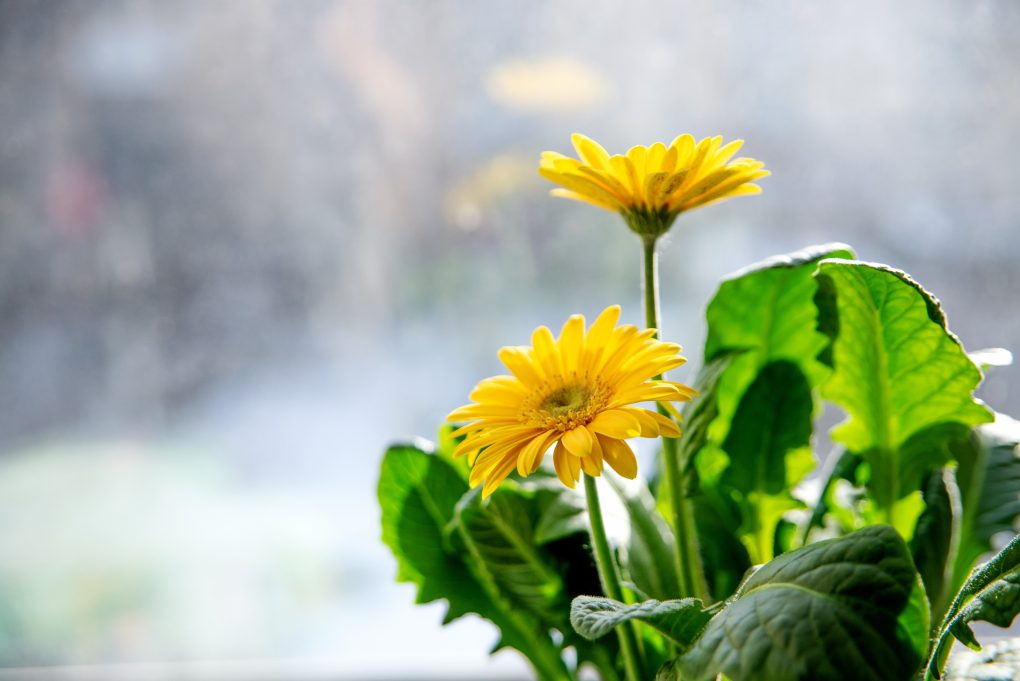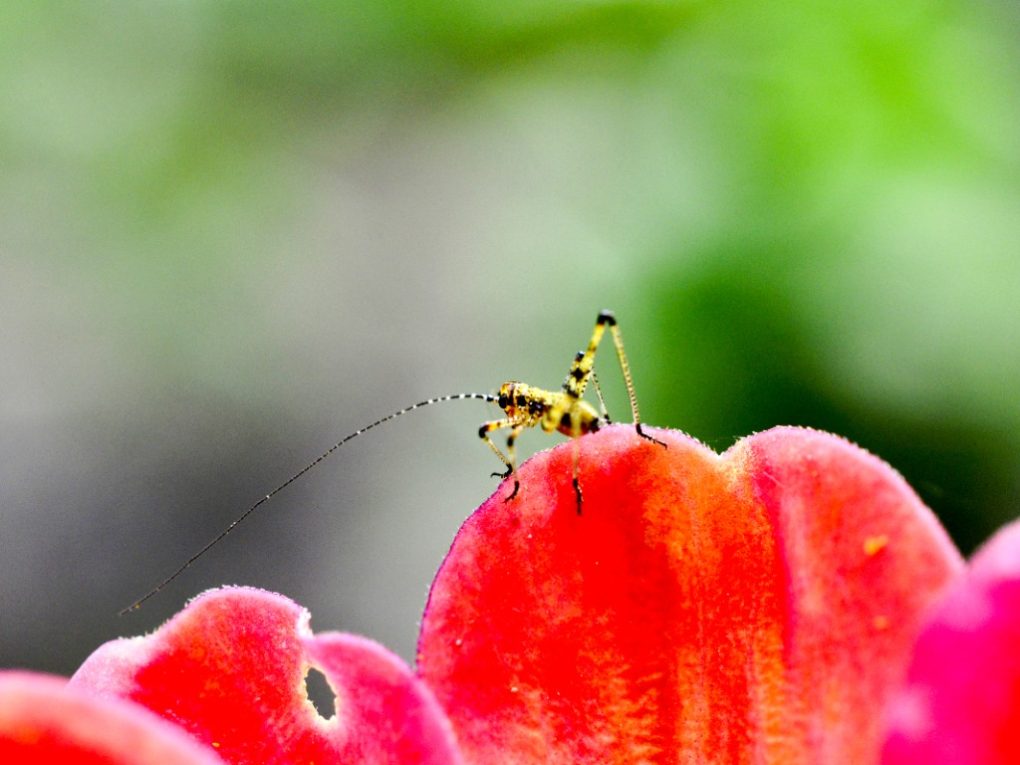Why Gerbera Daisies Are Dying: Common Causes and Solutions
Gerbera daisies can die for various reasons, including inadequate water, poor soil quality, extreme temperatures, or pest infestations. Having too much water or too little can lead to root rot and fungal infections, while nutrient-deficient or heavy soil can hinder growth and make plants less healthy.

To prevent gerbera daisies from dying, ensure proper watering by allowing the soil to dry out slightly between waterings and maintaining well-draining soil. To improve the soil’s quality, amend it with organic matter and place the plants in a location with appropriate temperature and light conditions. Regularly inspect the plants for pests and diseases, treating them promptly if detected.
Table of Contents
Environmental Factors That Affect Gerbera Daisy Health

Temperature
Gerbera daisies thrive in temperatures between 65 and 75 degrees Fahrenheit during the day and 60 to 65 degrees Fahrenheit at night. High temperatures can cause the leaves to wilt and the flowers to fade quickly. On the other hand, low temperatures can cause the plant to become stressed and susceptible to disease. Therefore, keeping gerbera daisies in a location with consistent temperatures is important to maintain their health.
Light
Gerbera daisies require plenty of light to grow and bloom. They prefer bright, indirect sunlight for at least six hours a day. Too much direct sunlight can cause the leaves to burn and the flowers to wilt. Lack of light can lead to a plant not blooming and becoming disease-prone. Therefore, it is important to place gerbera daisies in a location with the appropriate amount of light to ensure their health.
Humidity
Gerbera daisies prefer moderate to high humidity, between 50 and 75 percent. Low humidity can cause the leaves to wilt and the flowers to dry quickly. High humidity can cause fungal diseases, such as powdery mildew, to develop. It is important to keep the humidity level consistent to maintain the health of gerbera daisies. Using a humidifier or misting the plant can help maintain the appropriate humidity
level.
Maintaining consistent temperature, light, and humidity levels is crucial for the health of gerbera daisies. These beautiful flowers can thrive and bring joy to any space by providing the appropriate environment.
Preventing Gerbera Daisy Dying

Watering Tips
Watering gerbera daisies properly is crucial to prevent them from dying. Over-watering or under-watering can cause the plant to wilt and die. Watering the plant once a day, preferably in the morning, is recommended to allow the soil to dry out before nighttime. The amount of water needed will depend on the climate and soil type, but as a general rule, the soil should be moist but not soggy.
It is also important to avoid getting water on the leaves and flowers as this can lead to fungal diseases. Instead, use a watering can or drip irrigation system to water the plant.
Soil Preparation
To avoid root rot and plant death, it is important to ensure that the soil for Gerbera daisies is well-draining. Improve the soil structure and drainage by adding organic matter like compost or peat moss before you plant. Adding perlite or sand to the soil is also recommended to increase aeration.
Gerbera daisies prefer slightly acidic soil with a pH between 5.5 and 6.5. Test the soil pH using a soil testing kit and adjust it if necessary by adding lime to increase the pH or sulfur to decrease it.
Pest and Disease Control

To keep your Gerbera daisies healthy, it’s important to prevent and manage pests and diseases. Aphids, spider mites, and whiteflies can be controlled with insecticidal soap or neem oil. To prevent powdery mildew, botrytis, and root rot, ensure good air circulation, avoid overhead watering, and remove any infected parts of the plants.
It is also important to maintain good hygiene by removing dead leaves and flowers and disinfecting gardening tools to prevent the spread of disease.
